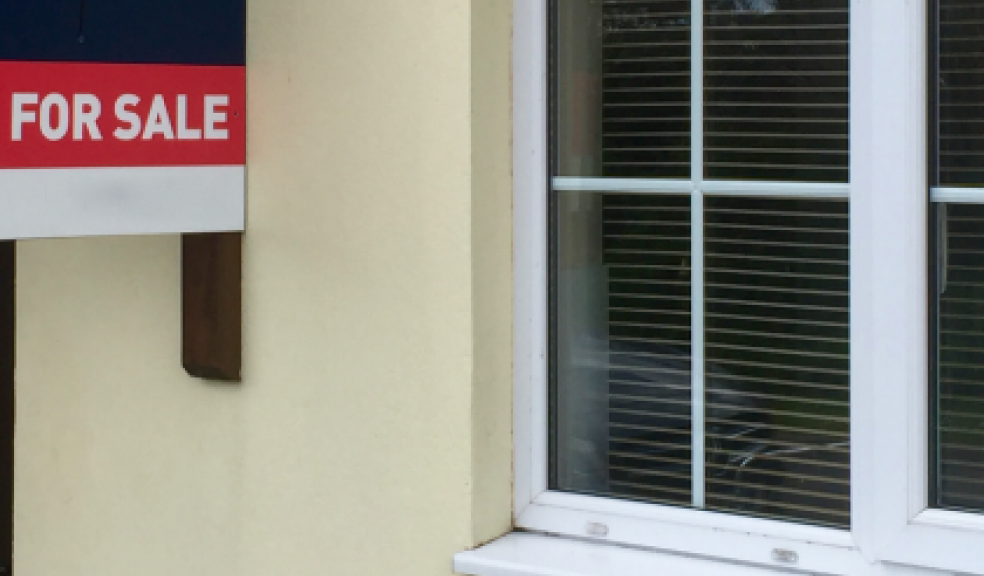
UK house prices to increase by 3% in 2017
House prices in the UK will see an average increase of 3% over the course of next year as the number of transactions stabilises, according to the RICS housing forecast for 2017.
Following on from the 2016 forecast, the supply pipeline or lack of it is at the forefront of the analysis and dominates the residential market. While there is an improvement, the legacy of building on an insufficient scale has left the average inventory on estate agents books close to a historic low*.
Looking forward, transaction activity will stabilise and is likely to come in between 1.15 and 1.2 million, a little below the 1.25 million likely to be recorded for the whole of 2016. The prediction for 2017 reflects the trend over recent months.
House prices are predicted to rise across the whole of the UK in 2017 with an average increase of 3%. East Anglia is likely to continue its trend during 2016 and alongside the North West and West Midlands is likely to record gains higher than the national average. Meanwhile, prices in Central London look set to stabilise after recent declines, with support provided by the weaker exchange rate encouraging foreign buyers.
Simon Rubinsohn, RICS Chief Economist, commented:
“Although recent announcements by the government on housing are very welcome, the ongoing shortfall of stock across much of the sales and lettings markets is set to continue to underpin prices and rents. As a result, the affordability challenge will remain very much to the fore for many. Meanwhile the lack of existing inventory in the market is impacting the ability of households to move and will contribute toward transaction activity over the whole of 2017 being a little lower that in the year just ending.”
Jeremy Blackburn, RICS Head of Policy, commented:
“The Housing White Paper will be a defining moment in January, to see if more radical thinking in Whitehall is a reality. The proposed ban on lettings agents fees, and the unintended consequences of such a blunt policy, will also be a strong feature of the year ahead.
“Whilst the system based on large, private housing developers and homes for owner occupation has increased house building, it’s not delivering. The UK needs a co-ordinated strategy for building across tenures, using all of the delivery and technology mechanisms at our disposal.
“Before the EU Referendum, David Cameron said that if he could have found the button in No10 to increase house building he would have pushed it repeatedly. In truth there are multiple buttons and following on from housing being put at the top of the list of Theresa May’s priority list in 2017, current Government need to demonstrate a plan of action.”














